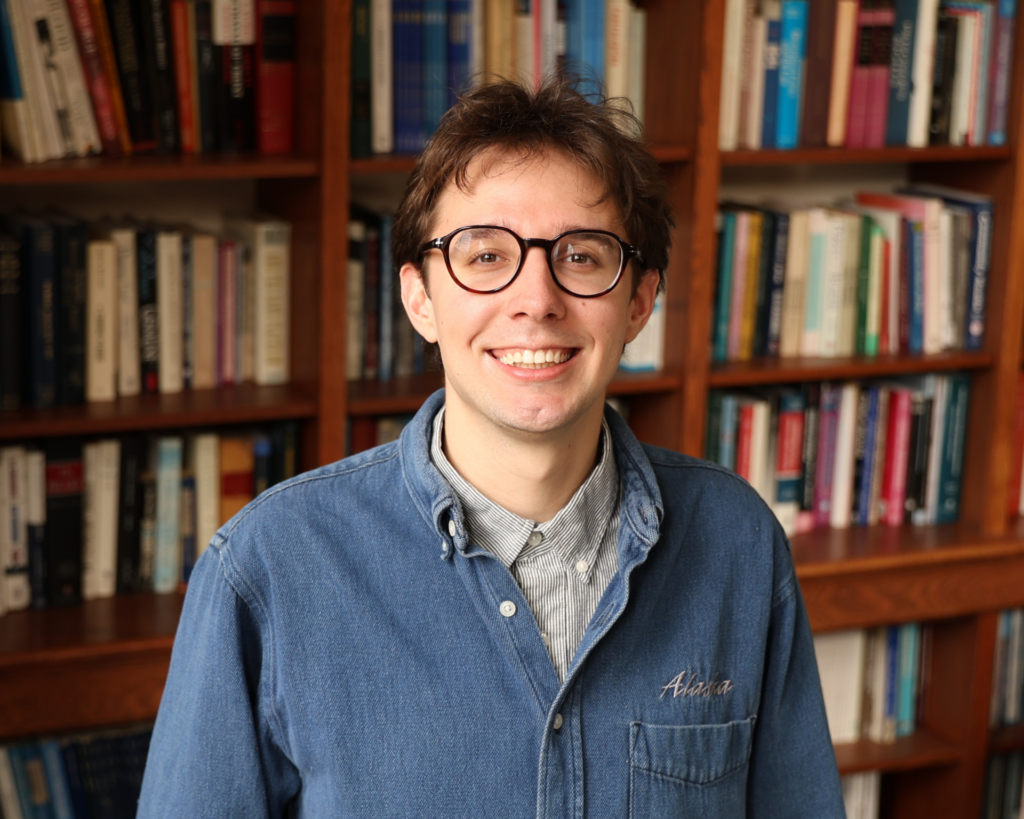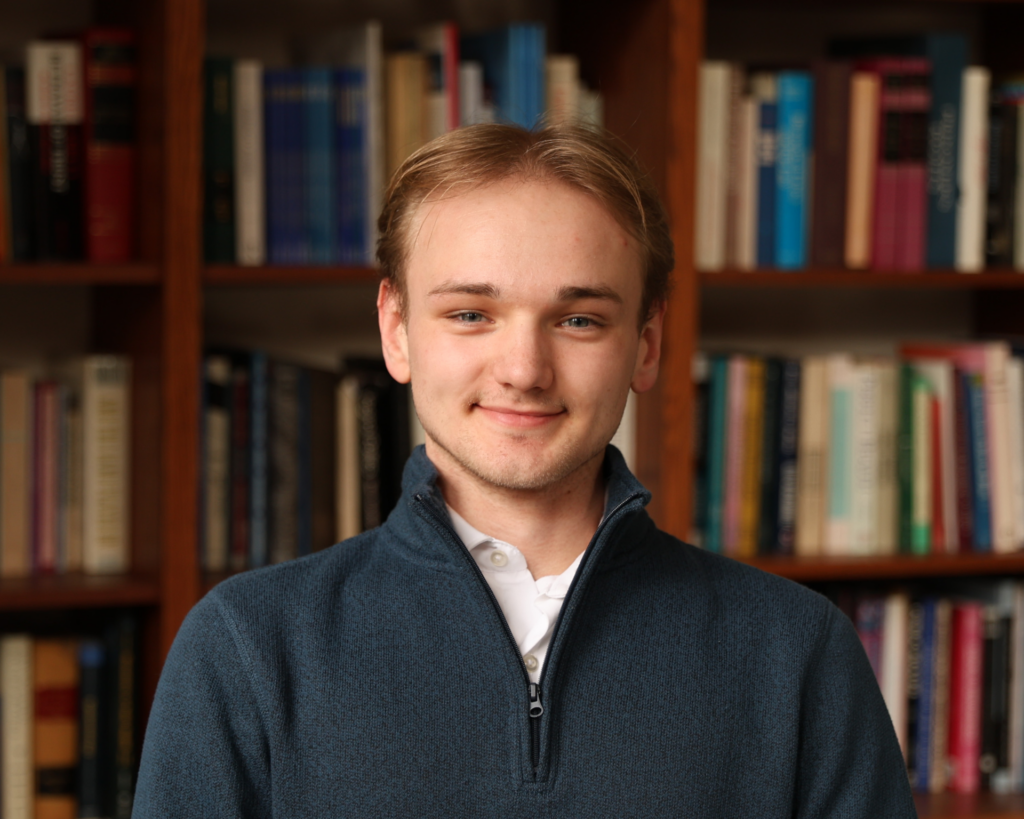2023 Year in Review
We resume publication on Monday, January 8, 2024 after our winter publishing break. Thank you for reading, writing, listening, and subscribing to Public Health Post.

Read Time: 6 minutes
Published:
Dear PHP Readers,
Most masks are off. Still, COVID-19 circulates, now just another airborne virus, maybe with an asterisk. COVID-19 is a virus we have paid attention to more than any other, that’s taken its place in the record books and has perhaps prepared us a bit more for the next terror. We no longer have to imagine the worst, we’ve been visited: 1.1 million Americans dead in just a few years from a new illness. We’ve been united in sorrow, and we’ve endured and come to treasure kindness all the more. As the pandemic passes, we at PHP have returned to the usual themes of public health: power, prevention, wealth, race, rights, surveillance, class, and schools, as well as the long tail of COVID-19 misery.
We are moving on. But we feel, at this moment, particularly surrounded by war and its violence, hunger, fear, suffering and widespread atrocities. There are civil wars in Sudan, Syria, Mali, Ethiopia, Somalia, that are hidden in our media landscape by wars in Ukraine, Gaza, and Israel. Too many places in the world are in unstable equilibrium or are undeniably treacherous.
We search for sightings of hope.
There is fear in America too. At PHP we try to examine public health issues that touch both parts of the binational country that America has become. Each half of the country, each political party, thinks the other poses a mortal threat to the future. We sit in Boston, but write for the entire country. We recognize that our two halves are increasingly different on abortion, LGBTQ+ rights, gun rights, safety nets. We write about the cultural divisions between rural and urban, the divergent values on education and immigration. These are complex issues with no easy answers. Public health and its legislation has been politicized in red and blue states. Last year, the Texas Republican Party approved a platform declaring Biden’s election victory illegitimate and calling for a vote “for the people of Texas to determine whether or not the State of Texas should reassert its status as an independent nation.” The two halves of America feel irreconcilable.
But public health is most interested in reconciliation. In 2023, in the PHP way, we looked into the corners of American life to spotlight new topics: vaccine exemptions, incarcerated youth, artificial sweeteners, loneliness. Part of our job is to ensure that Americans understand the full array of activities and aspirations of public health. Both the public and policymakers need to understand the nuances of what makes us sick and what keeps us well if funding is to remain adequate to make us healthier.
Thank you to our 2023 fellows for their passions and persistence; you have produced an enormous amount of interesting content while pushing forward toward your degrees.
As we enter another election year, we hope that counting votes fairly remains a continuing, if threatened, national mission. The legal and political systems feel shaky, undermined. Politicians, too often now purely performative, still need to do their jobs. The winner of the 2023 PHP student writing contest, Adaeze Okorie, took up the assignment to write a letter to the Speaker of the US House of Representatives. She requested that the Speaker move forward legislation combating the climate crisis, and in particular to encourage the planting of trees to shade generations and as a form of health protection. She asked our elected officials to make evidence-based policy right now.
As part of the media landscape, we have kept our editorial eye on peer-reviewed research related to the foundational forces that influence health. In addition to our Fellows’ writings, we invite guest writers to share their expertise with our readers, including the loss of access to reproductive care, providing mental health services in schools, and paid family leave laws. We poke into odd public health corners as well, writing about bees, and farm equipment, and ice hockey.
Our readership continues to grow. We are reaching new populations, cities, countries every day. In 2023 thus far, nearly 300,000 readers consumed PHP’s assortment of Research, Viewpoint, and Databyte articles. In 2023, we again interviewed leaders from business, national organizations, academia, and our local communities to get their views of our nation’s risk, struggles, and successes.
If you have been reading PHP since we began this experiment seven years ago, thank you. If you’re new to PHP, you can learn about how we feature new articles about the state of population health every day. You can stream our episodes of PHPod, follow us on Instagram and LinkedIn, and meet the newest generation of health leaders and activists. If you’re a student, we hope you’ll enter this year’s essay contest about what health priorities the new Republican speaker of the House of Representatives should focus on in 2024. Entries are due Friday, January 26. The prize is $250 and publication in PHP.
Every year, the writing staff of PHP transforms. Readers have spent this year with our hard-working group of PHP fellows–Caroline Dignard, Sean Hagan, Adna Jaganjac, and Kara Schmidt—whose pieces you’ve seen published on our website, in social media, in the PHP Friday Roundup newsletters, and referred to widely, including in a recent New York Times Opinion. These four students will finish their graduate studies at Boston University School of Public Health in May, and pursue careers where we hope their writing apprenticeship helps them make public health communication clearer for us all.
Thank you to our 2023 fellows for their passions and persistence; you have produced an enormous amount of interesting content while pushing forward toward your degrees. Our 2024 fellows–Lia Musumeci, Heather Sherr, Jude Sleiman, Dani Weissert, and Abby Varker—will begin to publish in late March. We can’t wait for you to read their work.
Mallory Bersi joined the team as our managing editor this year, bringing her writing and editing experience, and new energy and leadership. Jennifer Beard, our associate editor and national leader in public health writing, continues to improve the work of our student-writers and also works with our external contributors from across the globe, helping them present their own work and opinions in the clearest way possible.
We hope we have been helpful and even entertaining as a trusted information source and orchestrator of attention through these interesting times. PHP will continue to educate and entertain in 2024. We resume publication on Monday, January 8, 2024 after our winter publishing break. Again, thank you for reading, writing, listening, subscribing to and circulating PHP.
If you have thoughts, questions, comments, or topics you’d like us to cover, please send them to me at mdstein@bu.edu.
Please remain healthy and safe. Happy Holidays.



